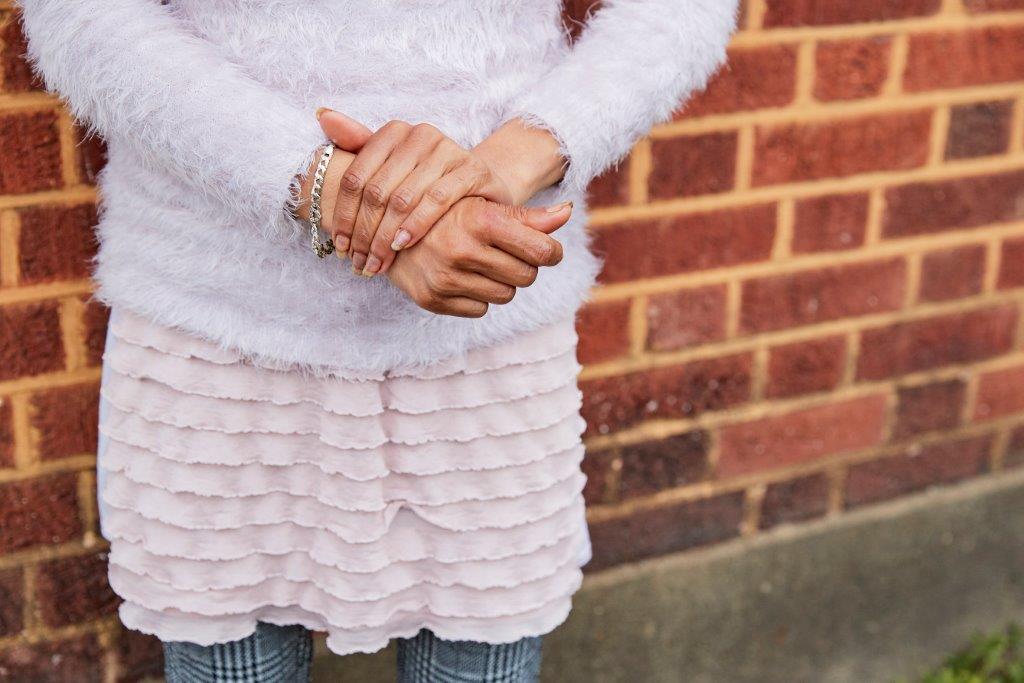Keeping vulnerable women safe in lockdown
Anthony Donnelly, lead worker at our women-only residential project in Lambeth, talks about how residents and staff are adapting to lockdown

We caught up with Anthony Donnelly, who manages our women’s residential service in Lambeth. The project works with women with multiple and often complex issues, and as a residential service it plays a significant role in supporting women who may be vulnerable in a mixed-gender setting. Anthony tells us how staff and residents alike are adapting well during the lockdown.
It’s about seven weeks into lockdown now and as there are only five women living at our project, we can personalise the support we provide and can take into account everyone’s needs. For example, three people in the house are in a high-risk category, so we have separated the two bathrooms we have, one on the first floor and another downstairs, so that high-risk residents have sufficient space and shielding is able to take place. Cleaning efforts have increased during this time too; we have cleaners coming more regularly, ensuring hygienic conditions for everyone.
In lockdown it’s clear to see how entrenched rough sleeping has a big impact on self-esteem, as sometimes the residents have less concern for their own wellbeing. Years of street activity is often part of their psyche, even after our residents have been able to move away from the streets, and that level of social distancing has proven difficult for some of the women at our project. Where there are multiple issues, like underlying conditions or mental health issues for example, not being in contact with family members and friends is incredibly difficult. Overall though, our client group tend to have a much lighter social footprint than those in mainstream living as their social networks are often smaller than or not as supportive. Having our project as a base has been essential in keeping all our residents safe.
In terms of issues that disproportionately affect women, we have been hearing in the news that there has been an increase in domestic abuse cases since lockdown, but fortunately this has not something we have found among residents here. We have had to implement a ban on visitors, which is not ideal for wellbeing and morale but has to be done in these circumstances.
Residents being able to move on from the project isn’t really possible at the moment but we have recently taken in a new resident; this was all done via phone and with social distancing in mind. It’s quite an uncomfortable and potentially upsetting way to go about entering new accommodation for the first time, so I’m looking forward to being able to welcome people properly again. There are a couple of women ready for moving on to rented accommodation but unfortunately they are both in the high-risk category so will not be able to do so until the situation has changed.
The psychological impact of the pandemic isn’t too evident yet, but we have additional psychological support offered at Waterloo Project [another Thames Reach project]. Residents are starting to take up the offer and we are helping facilitate this, but there is some extra caution surrounding accessing external health services with residents, due to social distancing. I am keeping in contact with residents via phone to let them know about meals and services, so I can check in with them without physical proximity. We have been getting food parcels of freshly prepared meals supplied via local authorities, who have been really helpful and cooperative. Above all else, our project remains a supportive and safe base for vulnerable women and those with experience of homelessness. We are really pleased to be able to keep this service running throughout the pandemic.
